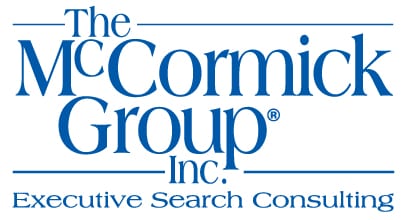Even in today’s difficult economy, law firms are still bringing in lateral partners, and partners are still changing firms. A key component in the lateral partner hiring process is the lateral partner questionnaire, or LPQ as its termed in today’s acronym-dominated society. These questionnaires often contain pitfalls for both firms and candidates. We have been advising candidates for years on filling out these forms, and we rarely see them properly answered in the first go-round.
One significant pitfall relates to the historic billings and collections of partners. Most of the questionnaires we’ve seen tend to be vague about this subject. In reality, there are three types of billings that need to be assessed:
- Working attorney billings, which is merely the personal billings of that attorney—which in most cases should equal hours billed times billing rate.
- Originated billings, which are supposed to measure the value of billings for matters originated by that attorney.
- Managed billings, which involve the value of billings for matters for which the attorney is the responsible attorney.
Rarely do firms specify each of these categories. Even if they do, there are a lot of gray areas in the latter two categories which raise a number of questions. Should you count work in which the attorney was responsible for bringing in as originated billings, even if the client is institutional? What about the situation in which the attorney has the original client relationship, but would not have sold the piece of business without the expertise of another attorney? What happens if the origination credit was split? And what happens if that current firm doesn’t track originations (yes, some firms don’t), or more commonly, managed billings? Here are some suggested solutions for these issues:
- Ask for (or include) footnotes. Virtually, every candidate should include footnotes that add the necessary detail that properly explains the nuances on why certain billings might be included as originated or managed. Along those lines, candidates should run these footnotes, along with other aspects of the LPQ, by their recruiter, if one is involved.
- Don’t underestimate the importance of managed billings. Many law firms often fail to consider managed billings as important at all (and thus often don’t include that category in their forms). Because of the firms’ preoccupation with “portable business,” leadership often considers managed business as virtually worthless. But this business can actually be an indicator of how valued that attorney is at his or her current firm. If firms fail to focus this aspect of someone’s practice, they may find that, two or three years later, they have hired a lone wolf who neither cross-sells his or her clients nor can be trusted to do work for firm clients.
- Focus more closely on client relationships. One of the key purposes of the LPQ, is to assess the prospective partner’s business. Asking for detailed information on the nature of the relationship with each individual client is something that is rarely included on the LPQ. Yet it is in the history and nature of the lawyer’s relationship with a client that the future prospects for business with that client can best be determined. Our advice to law firm mangers and lateral partners alike is to specify the length of the relationship with each client, the nature of the relationship (the key contacts with the client, whether other attorneys have relationships as well, etc.) and a forecast of any new business that could reasonably be anticipated.
Clarifying these three matters should help both parties deliver and decipher an accurate picture of the new lateral’s practice and give all parties a substantially better idea of what to expect.
TMG’s Take is a regular e-mail advisory produced by The McCormick Group. The company’s Law & Government Affairs and Law Firm Services groups combine the expertise of more than 15 Consultants to help law firms fulfill all of their lawyer and administrative recruiting needs. TMG’s Take covers topics across the spectrum of law firm management, including associate and partner compensation, growth strategies, marketing and business development, operations and facilities management, finance and accounting, professional development, and technology. Please direct all inquiries to Steve Nelson, Managing Principal at (703) 841-1700 or snelson@tmg-dc.com


